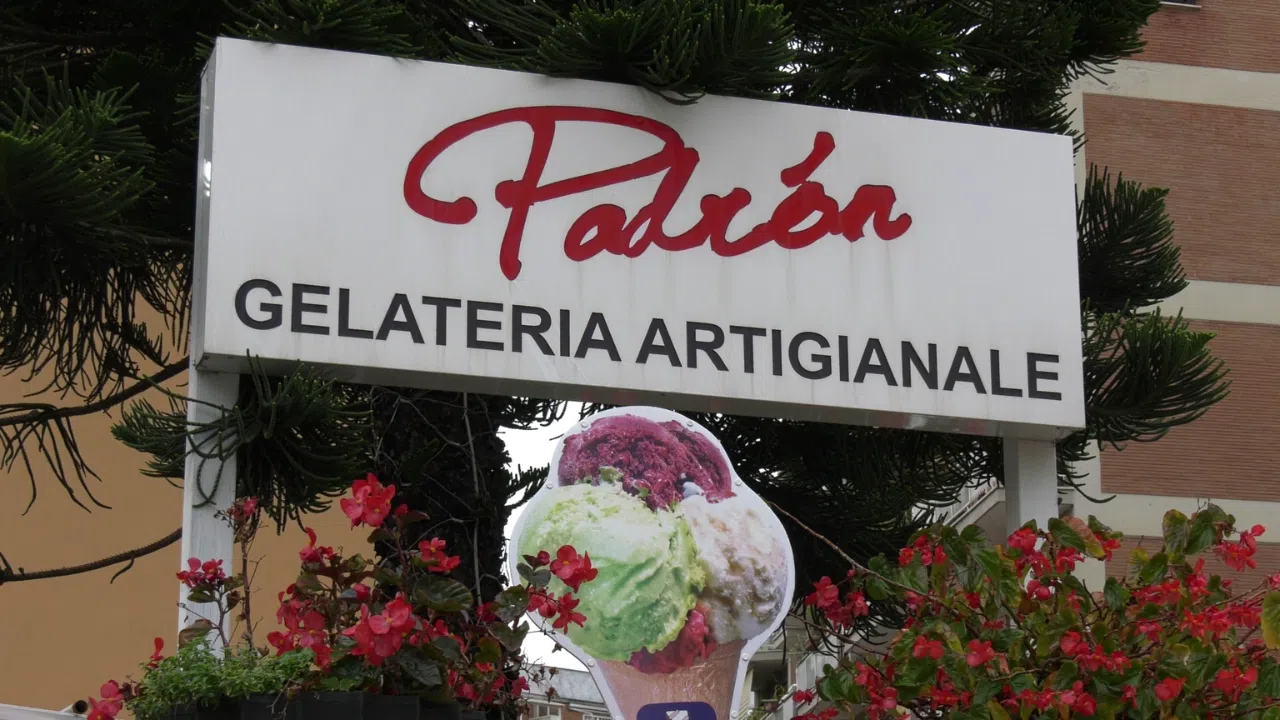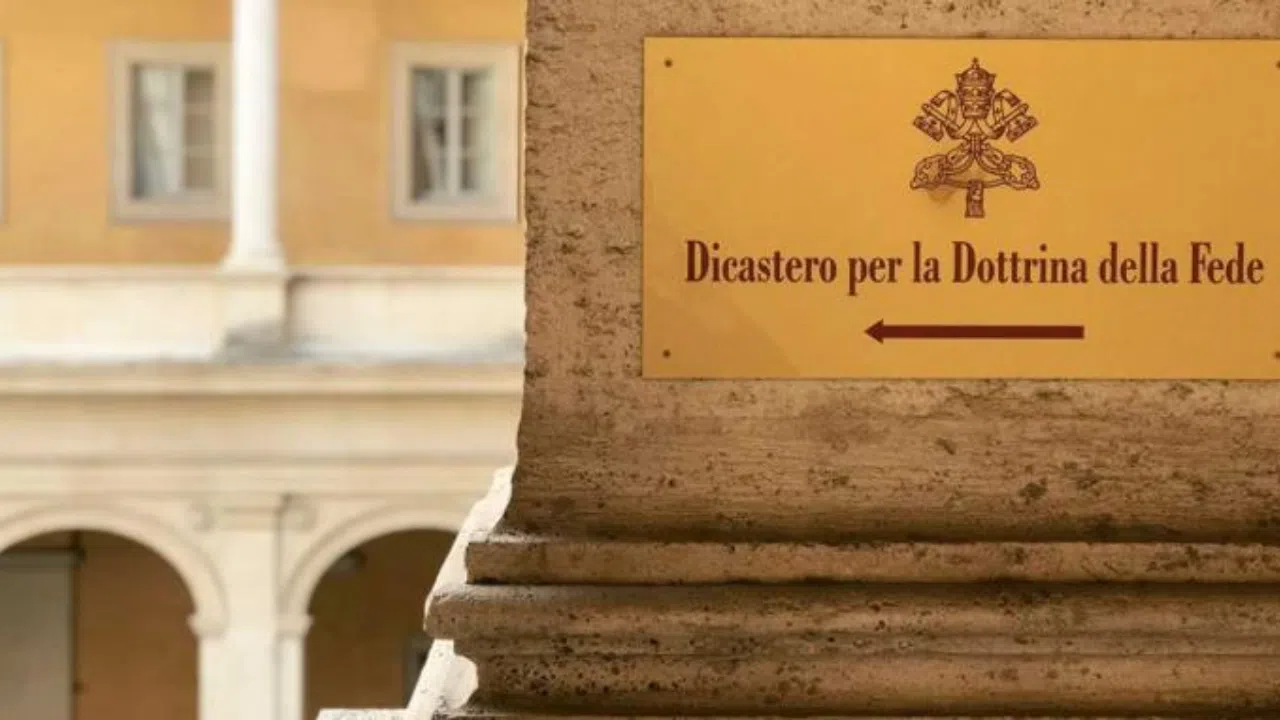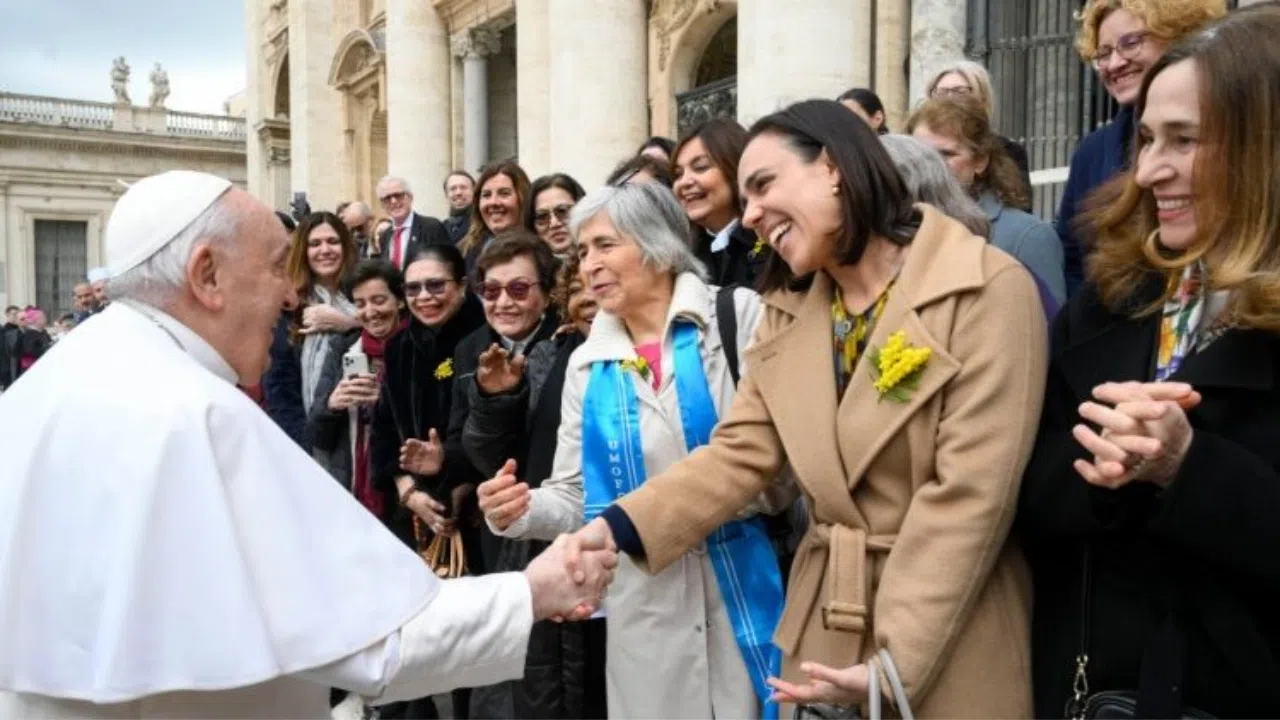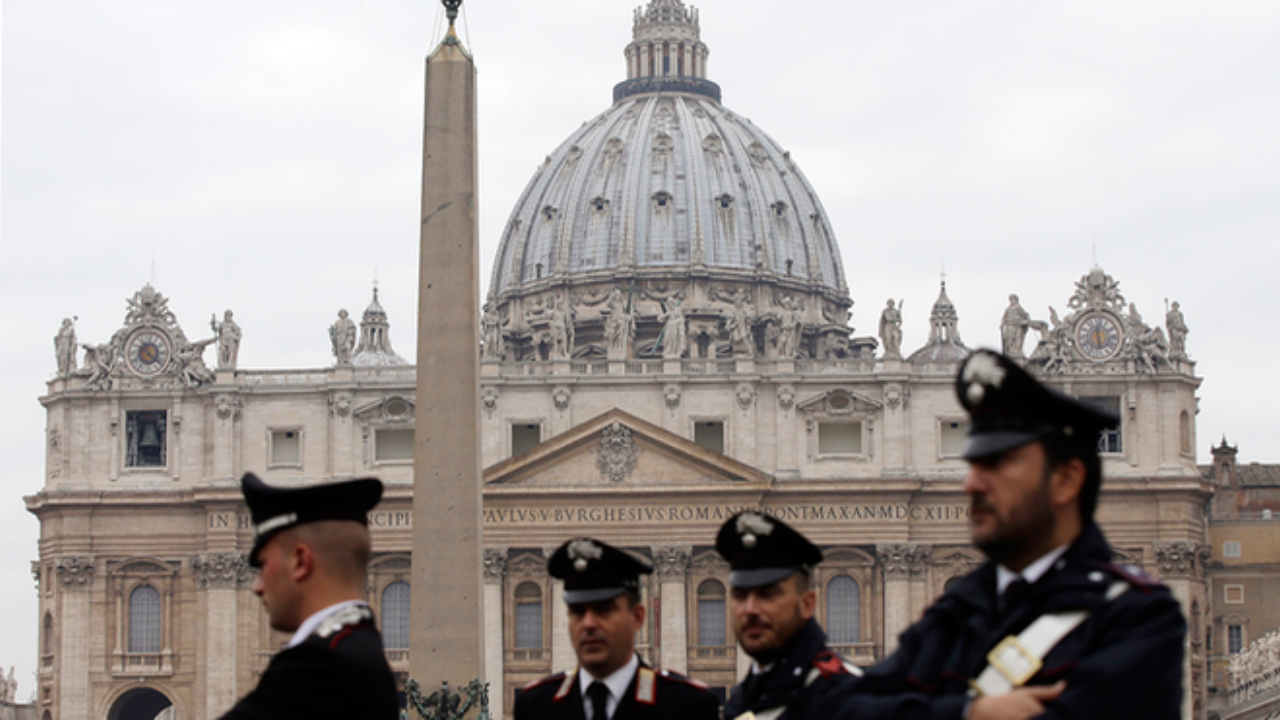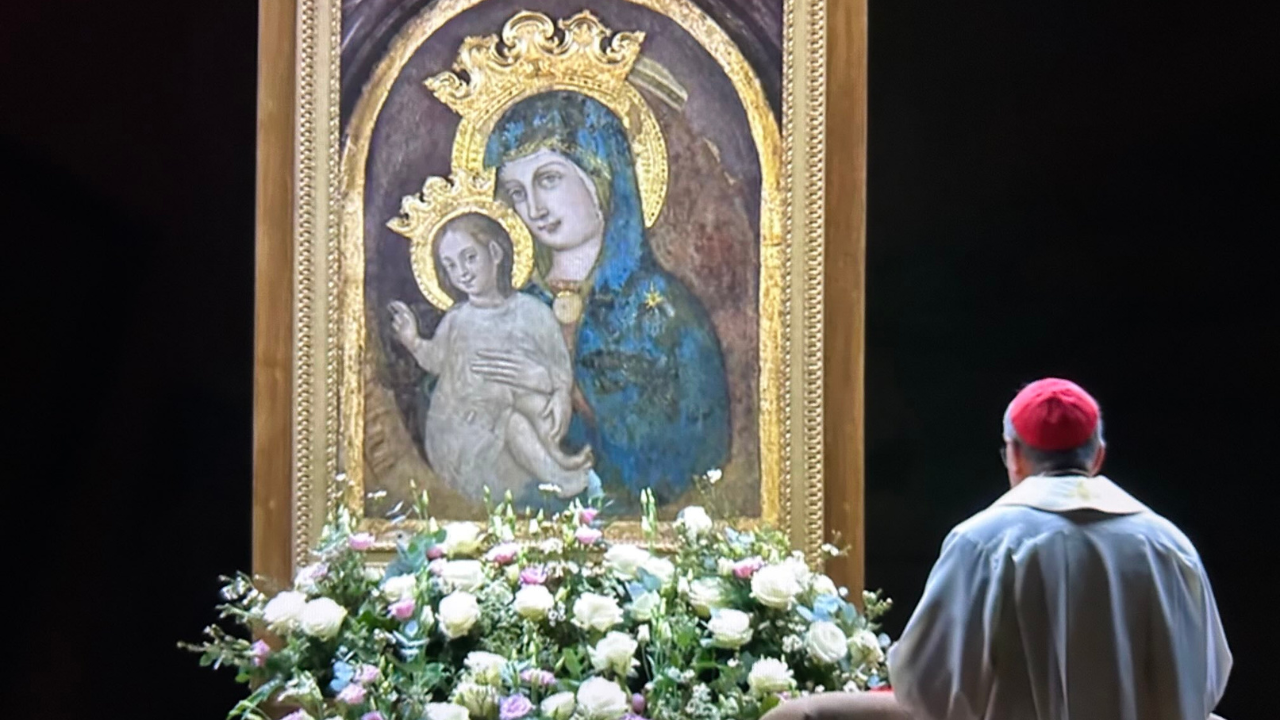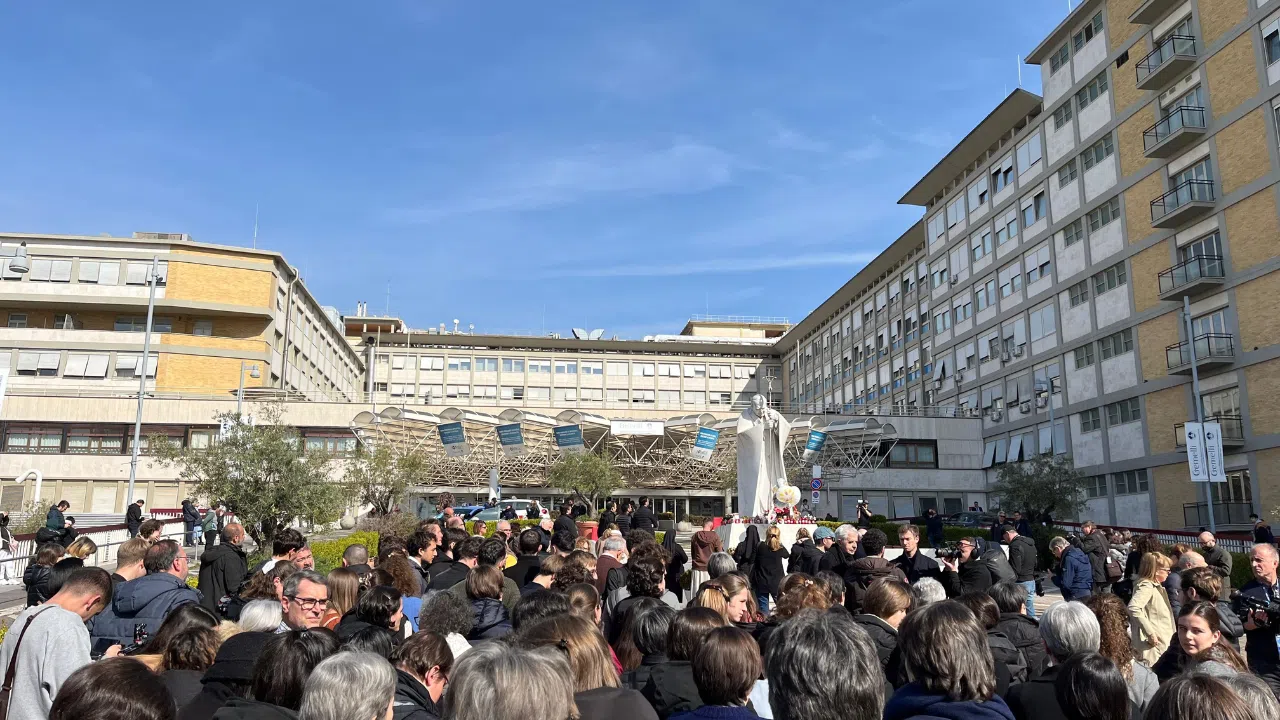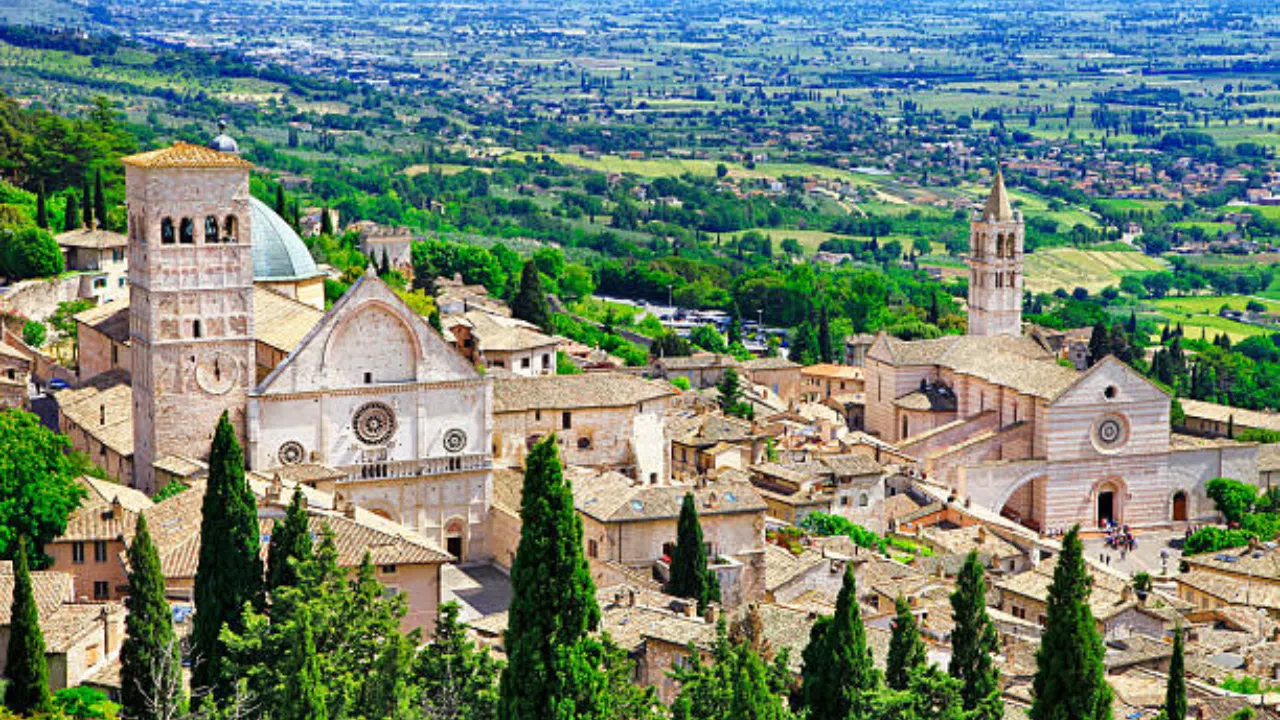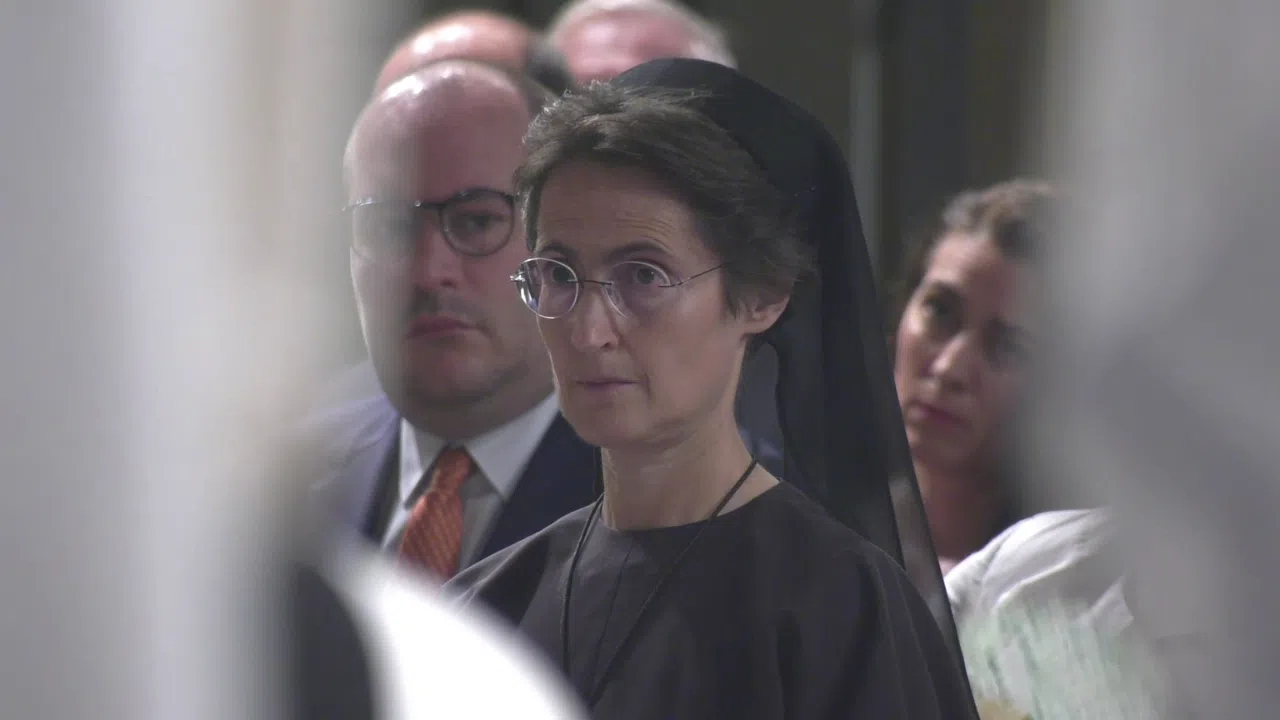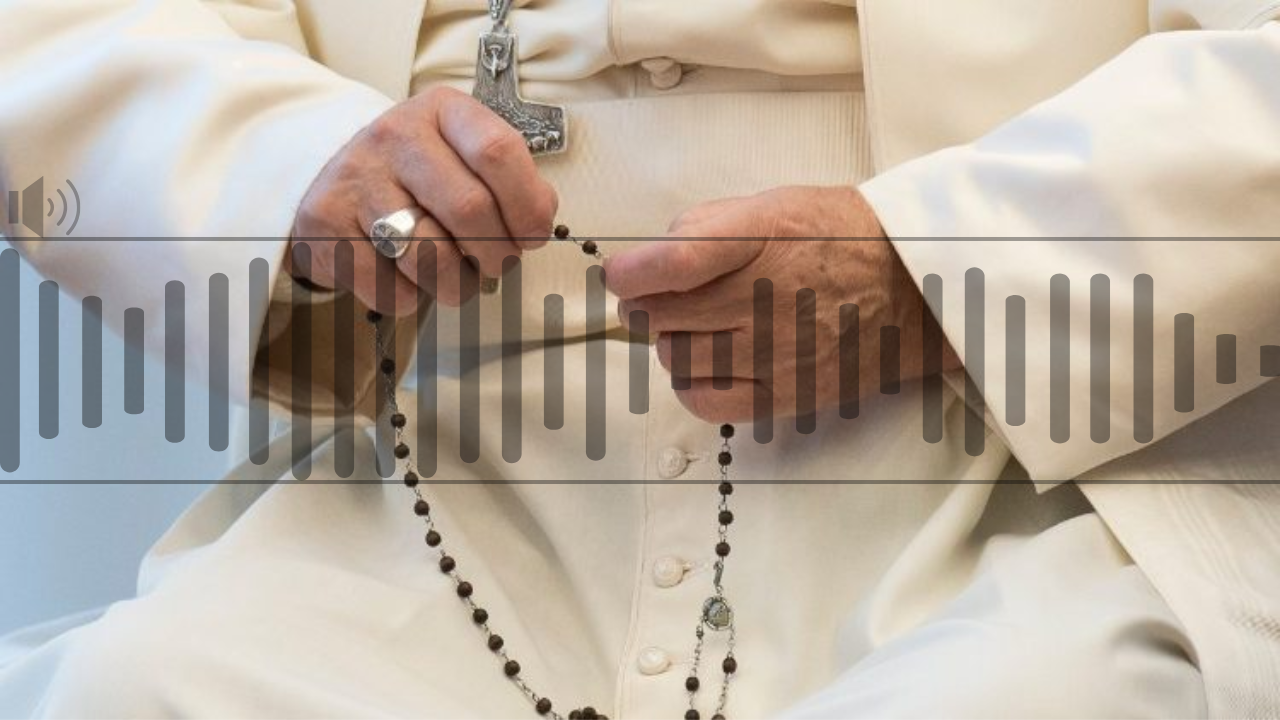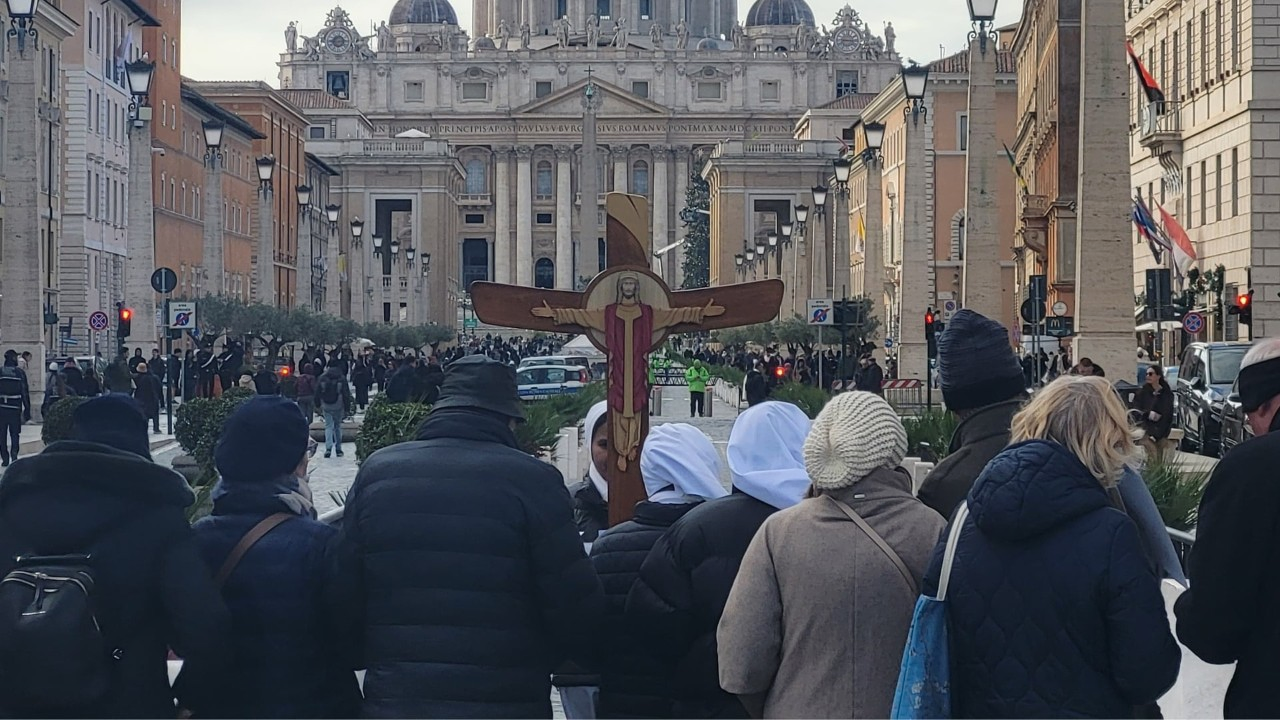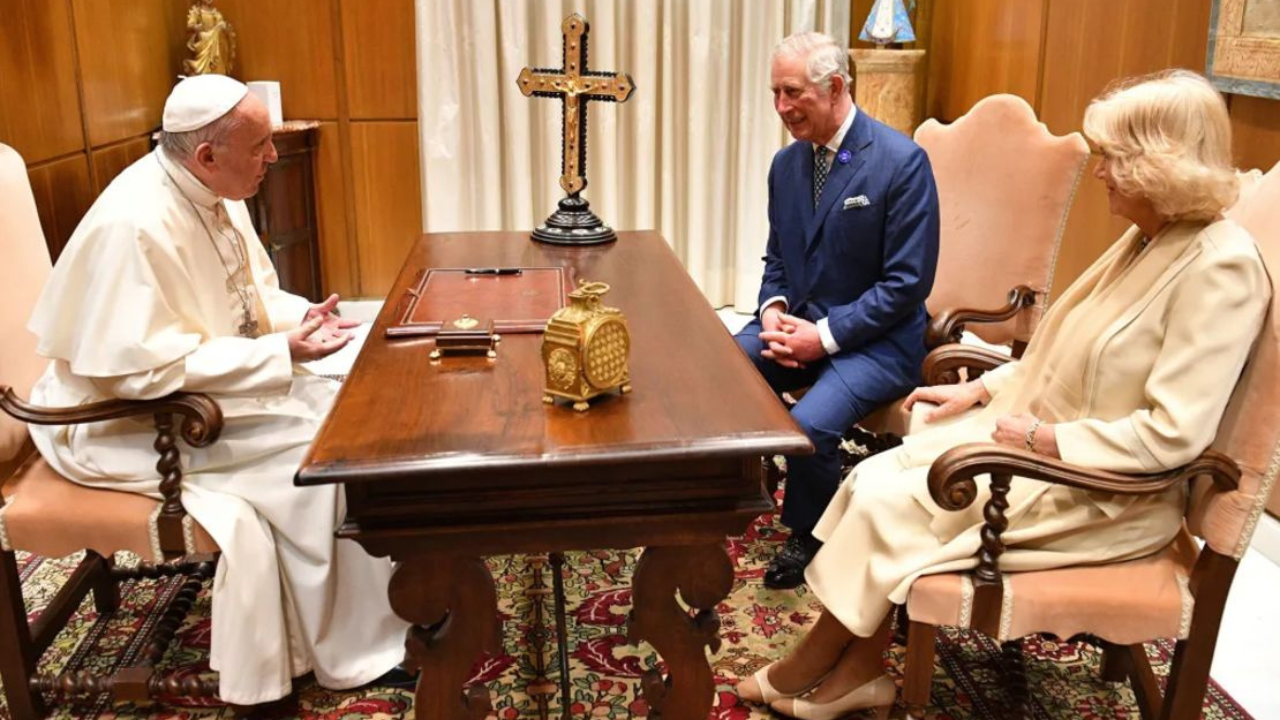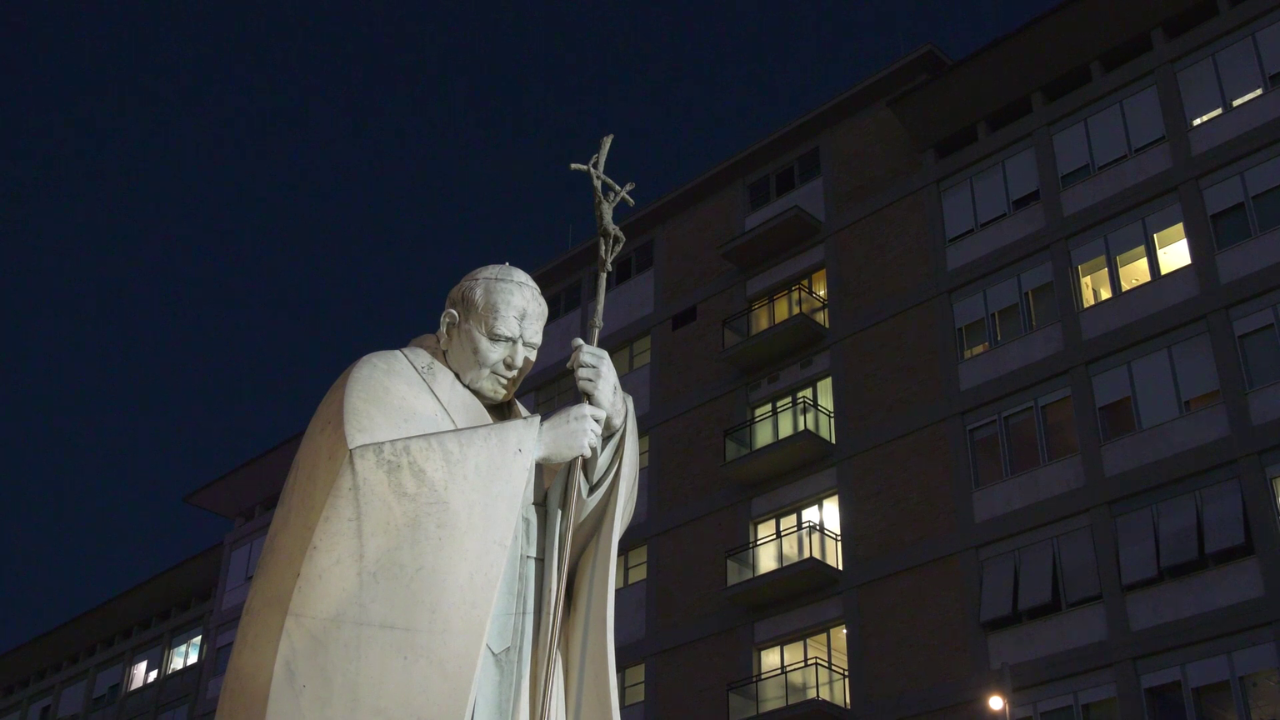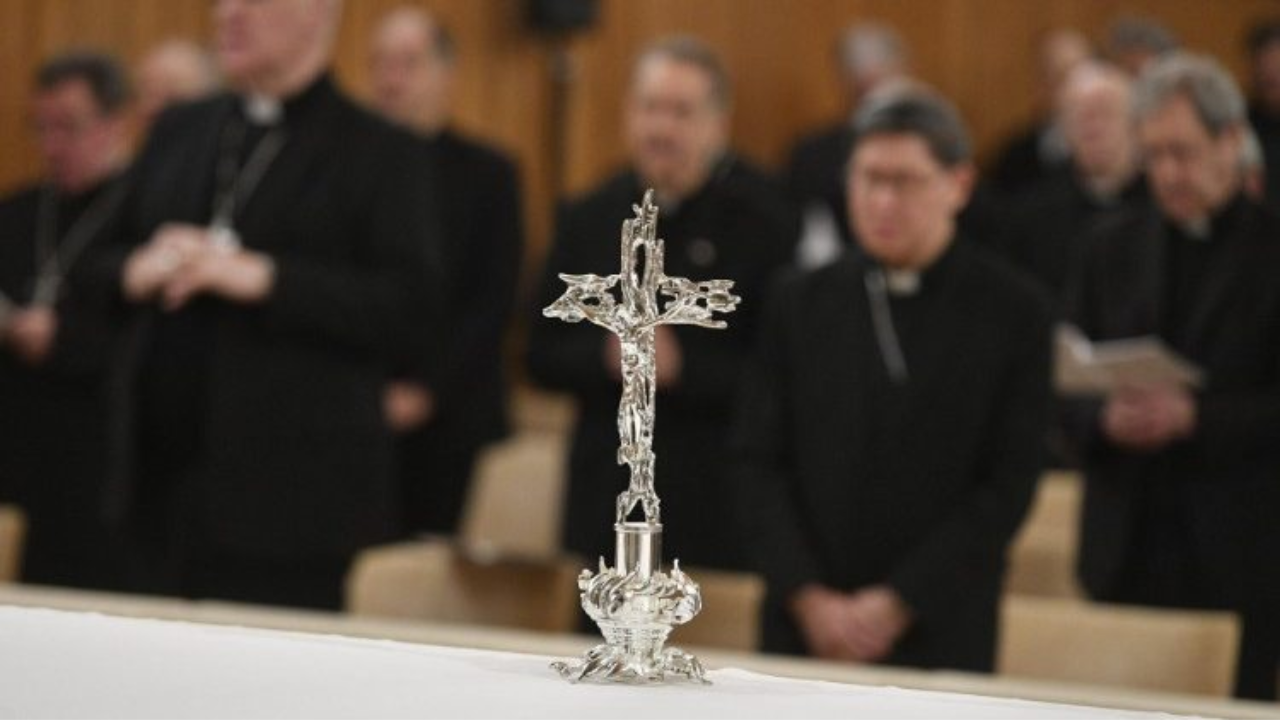Reading the last will and testament of a loved one who has died is always an emotional moment.
It's like hearing their voice echoing back to us across time and space. Which is why we pay such special attention to the words they've chosen and to the message they're communicating.
The Vatican published the last spiritual testament of Pope emeritus Benedict XVI a few hours after his death on Saturday, December 31st.
At just under one page, it's a remarkably short text for someone who lived such a long life. And, yet, it contains 3 key elements that characterised his 95 years as a person and his eight years as a pope.
True to Joseph Ratzinger's skill at summary and synthesis, these elements fall neatly into three distinct categories: Gratitude, Forgiveness, and Faith.
Benedict wrote his spiritual testament in 2006, a little over a year after his election to the papacy. But he was already reflecting on what he describes in the letter as “this late hour” of his life.
This is the moment in which he sees how much reason he has “to give thanks”: to God, first and foremost, who gave him life and guided him, as he puts it, “through all kinds of confusion” - but also to his parents, family, friends, teachers and students.
He had already expressed gratitude, in part and in person, during the last Mass he presided over as Pope in St. Peter's Basilica, on Thursday February 28th 2013...
BENEDICT XVI
For me it is a proper moment to thank everyone, especially the faithful from the Diocese of Rome, while I prepare to conclude the Petrine Ministry, and to ask to remember me in prayer.
At the end of his spiritual testament, the Pope emeritus repeats that invitation to pray for him despite, what he calls, his “sins and shortcomings”. In fact, he makes a point of asking forgiveness from all those he says he has “wronged in some way”.
But by far the greater part of Pope Benedict XVI's final document is dedicated to a heartfelt appeal to “stand firm in the faith”. He returns to one of the defining themes of his magisterium: the relationship between faith and science...
BENEDICT XVI
Far from being in conflict, faith and science go hand in hand in the service of man's moral advancement and his wise stewardship of creation.
The Pope emeritus writes how, for 60 years, he has “acompanied the path of theology”, seeing “seemingly unshakeable theses collapse with the changing generations” - from Existentialism to Marxism – and how the “reasonableness of faith has emerged and is emerging anew”.
BENEDICT XVI
The complementary relationship between Faith and Reason reflects the truth that God's grace builds on, elevates and perfects human nature, and allows us to pursue the felicity which is its deepest desire.
Reading his spiritual testament, we can almost hear the voice of Benedict XVI as he urges us, and “all those who were entrusted” to his service in the Church, not to let our faith be “distracted”, and not to be “confused”, but to “stand firm in the faith!” That was always his message to us.
And it still is.
